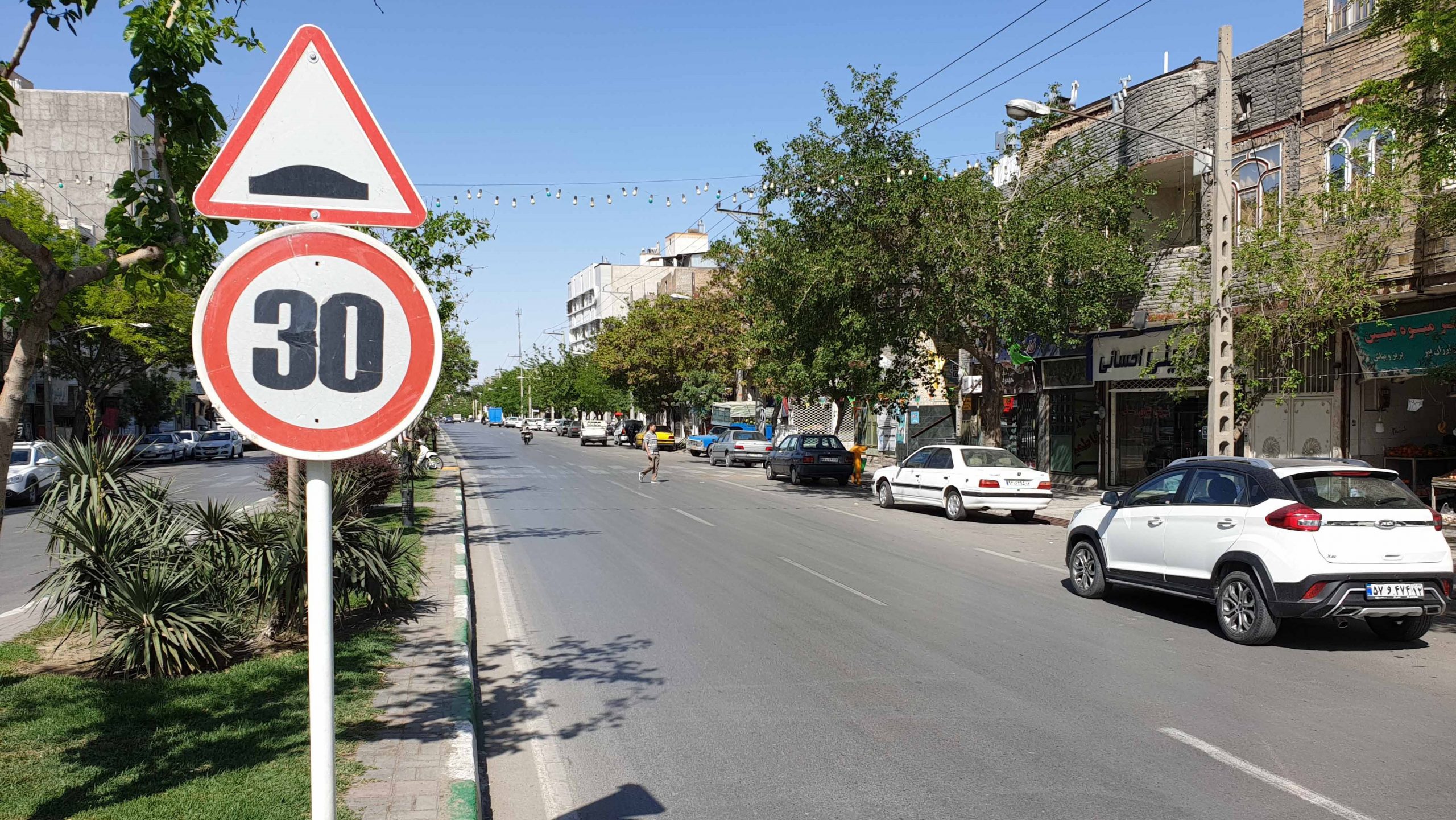
The Malaysian government recently made an announcement to lower speed limits from 40 km/h to 30 km/h and introduce traffic calming measures in school zones to enhance the safety of schoolchildren. The announcement, made by Malaysia’s Deputy Prime Minister Datuk Seri Dr. Ahmad Zahid Hamidi, marks a significant step forward in protecting children who are amongst the most vulnerable road users.
Among the contributors to this achievement was Safe Kids Malaysia, whose advocacy efforts played a role in the government’s decision. The Accountability Toolkit—a set of practical tools that empowers NGOs to hold their governments accountable for the safety of all road users—was vital to their advocacy, providing them with tools to generate evidence and structure their advocacy. They documented their advocacy, and developed talking points and a checklist of interventions which they used while meeting with government officials and other stakeholders. Their advocacy was also informed by research evidence that highlighted the risks associated with unsafe school zones.
“The toolkit not only provided organized talking points and a step-by-step guide but also served as a checklist to ensure no critical elements were overlooked. It was instrumental in documenting and storing key information, which was essential for continuity as the advocacy journey progressed,” says Kulanthayan KC Mani, Safe Kids Malaysia.
He also highlighted that this milestone reflects the Malaysian government’s alignment with global road safety initiatives. The Global Plan for the Decade of Action for Road Safety 2021-2030 has had a significant influence on Malysia’s road safety targets. Recognizing the global evidence supporting speed reduction as an effective road safety measure, Malaysia incorporated these guidelines into its own National Road Safety Action Plan 2022-2030. This plan prioritizes speed reduction and specifically includes the push for 30 km/h zones, demonstrating Malaysia’s commitment to globally endorsed road safety measures.